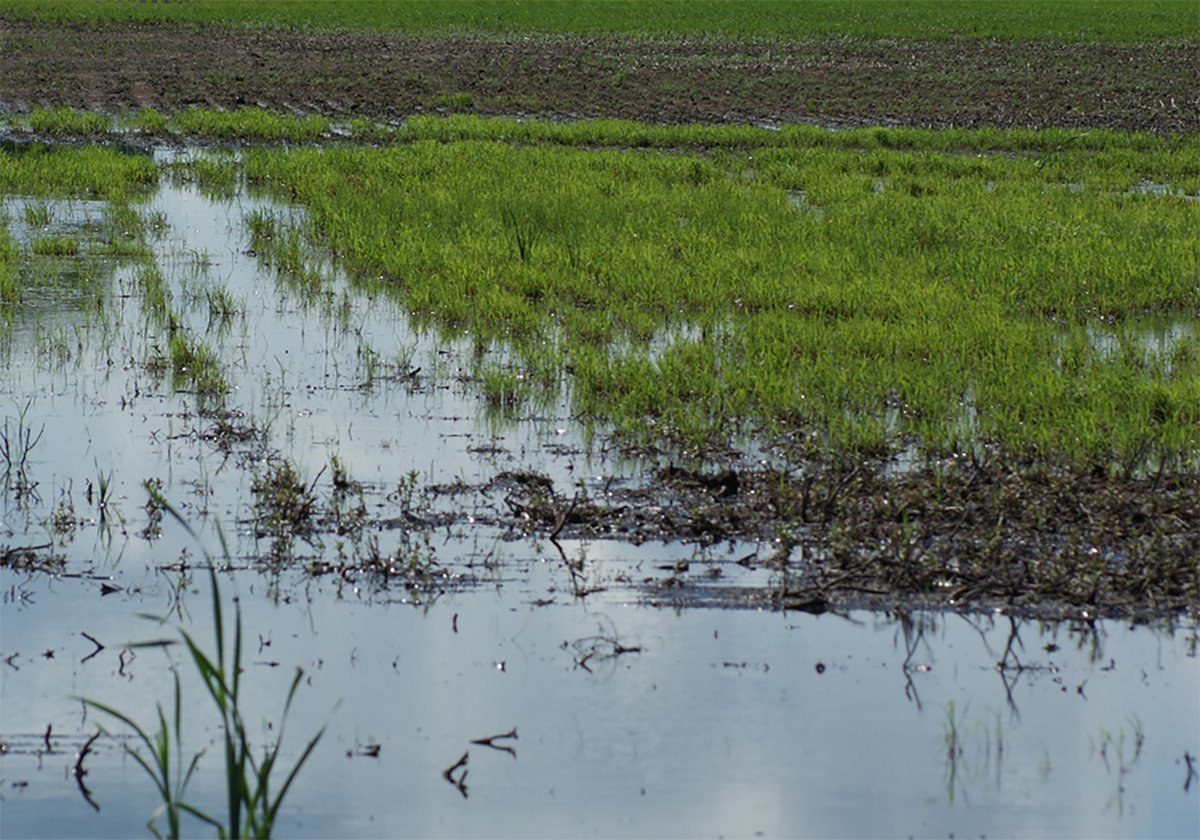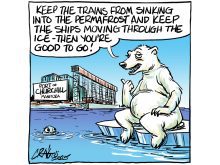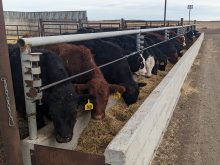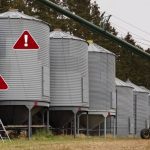Johnson is president of the Alberta Association of Municipal Districts and Counties. Marit is president of the Saskatchewan Association of Rural Municipalities. Bell is president of the Association of Manitoba Municipalities.
The definition of rural can be complicated. For some, rural is still viewed as the hinterland, the wide open spaces where population is low and raw resources abound. For others, rural means communities large and small outside major cities and even extending to our rapidly growing suburban areas.
Estimates on Canada’s rural population range from 22 to 38 percent, depending on which definition you use. If you take the population quotient out of the definition, rural can be defined as the 99.8 percent of Canada’s 10 million square kilometres of land mass that is outside a metropolitan area.
Read Also

Topsy-turvy precipitation this year challenges crop predictions
Rainfall can vary dramatically over a short distance. Precipitation maps can’t catch all the deviations, but they do provide a broad perspective.
However you define it, most would agree that rural is a key part of the Canadian tapestry, a cornerstone of Canada’s heritage, a place where common sense values and solid work ethics characterize the people, and the resource lifeblood of what is an increasingly urbanized country.
It remains a vibrant and diverse way of life for many, a significant driver of the national economy and an environment to be preserved and valued.
Like its urban counterpart, rural Canada is also a place that must find its position and worth in the emerging global context.
In modern times, we are all too familiar with adversarial terms like “urban-rural divide,” “rural versus urban” and “rural decline versus urban growth.” Underlying these terms and dialogues is the view that rural and urban interests are in opposition and that increases in urban population and profile are harmful to rural interests, populations and way of life.
With an increase in public policy focus on the population shift to urban Canada and the well-articulated infrastructure and social needs of our cities, many fear the rural message has been lost or forgotten.
Urbanization and an enhanced focus on urban development pressures show the need for rural, remote, northern and small urban communities to find their collective voice and champion their value and vitality.
It is time for rural Canadians to stand alongside their urban counterparts to empower citizens and inform governments about unique needs and priorities.
Perhaps it is also time to stop looking at the issue of rural sustainability as a rural versus urban problem, and to explore how development and public policy decisions can best sustain both rural and urban communities in a mutually beneficial way.
In recent years, urban Canada has found its collective voice. Newspapers, television and government policy debates are consumed with the “urban infrastructure deficit,” “our crumbling cities” and “the fiscal imbalance faced by our large cities.”
The primary challenge for rural stakeholders is not to drown out the voice of its urban neighbours, but to find a cohesive voice of its own.
Rural stakeholders need to find a voice that speaks for the core values and needs of rural Canada and can articulate those values to urban neighbours, private sector partners and public policy makers.
In taking up this challenge, rural Canada needs to set public policy priorities that best serve its sustainable future, and gain a better understanding of the factors that shape rural-urban interdependencies.
The challenge of finding a common and cohesive rural voice is daunting. It has been undertaken by many organizations, government entities and rural groups that have been examining rural issues, forming rural policy statements and articulating rural priorities and needs on behalf of their particular demographic.
Provincial municipal associations develop policy and advocate on behalf of their communities through their annual conventions and resolutions sessions. The Federation of Canadian Municipalities works to consolidate the municipal message in Canada before the federal government and has a specific focus on rural issues through its Rural and Northern Forum.
Producer and commodity groups are in a constant process of examining rural issues and advocating on behalf of rural industry, the environment and other interests.
Academic institutions and policy think tanks examine the shifting trends and needs associated with rural vitality and sustainability. Organizations like the Canadian Rural Revitalization Foundation, the Rural Development Institute in Manitoba and the Harris Centre at Memorial University are just a few of the academic organizations that seek to move theory and academic thought into practice.
Governments are also developing rural policy and seeking to address rural needs through provincial rural development strategies and federal policy focus.
Yet with all of this good and diligent work, a loud, cohesive rural voice has not emerged in Canada to the same extent as an urban one has.
Rural Matters! Forging Healthy Canadian Communities is an upcoming national symposium that seeks to empower and inform by providing a unique forum for rural stakeholders. Delegates from communities, government, academia, aboriginal and youth organizations will share the work already done, explore common ground and find a common voice on what matters most to rural Canada.
The symposium will be hosted by the Alberta Association of Municipal Districts and Counties at the Shaw Conference Center in Edmonton from July 5 to 8.
For more information, see www.ruralmatters.ca.














